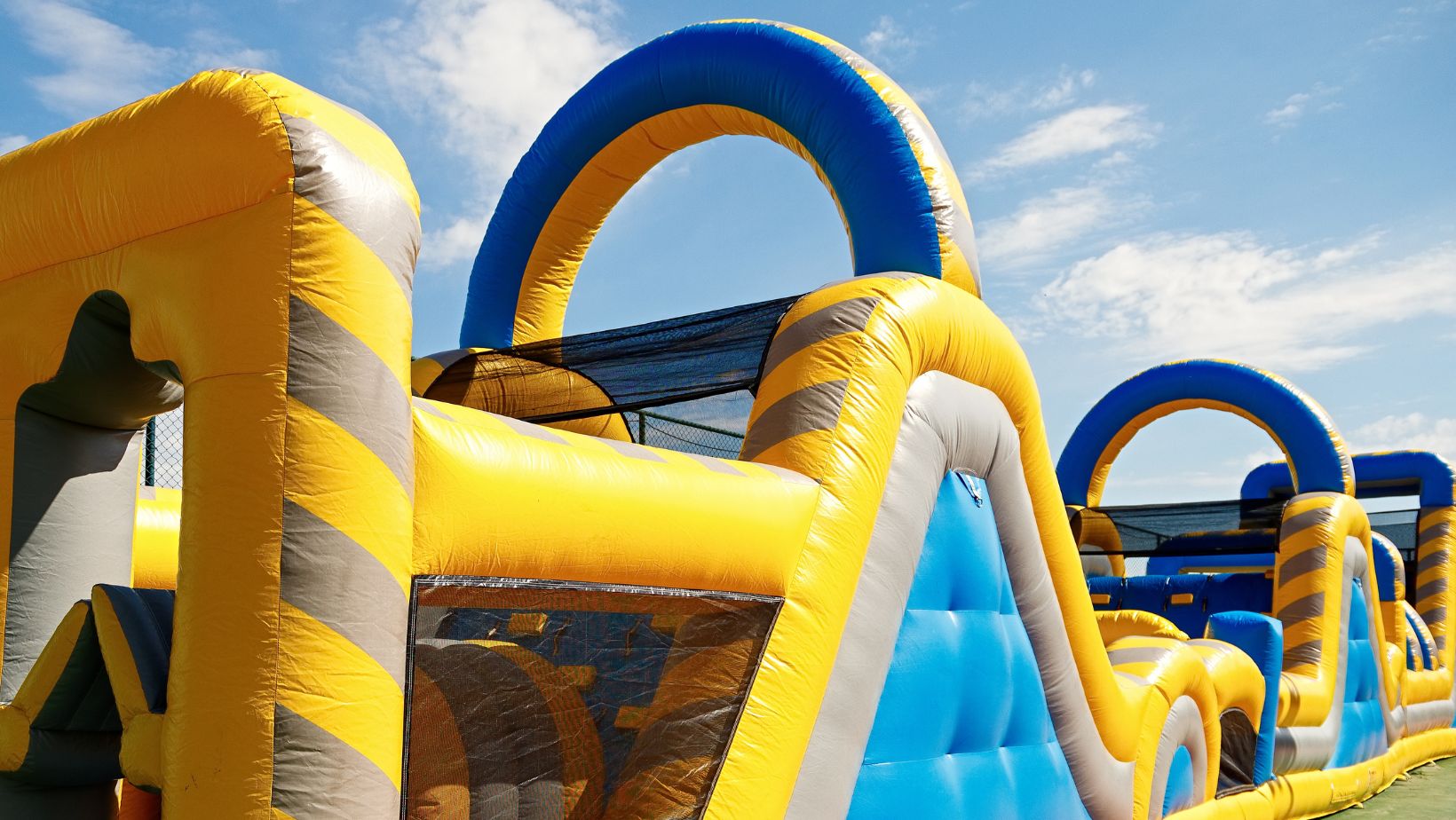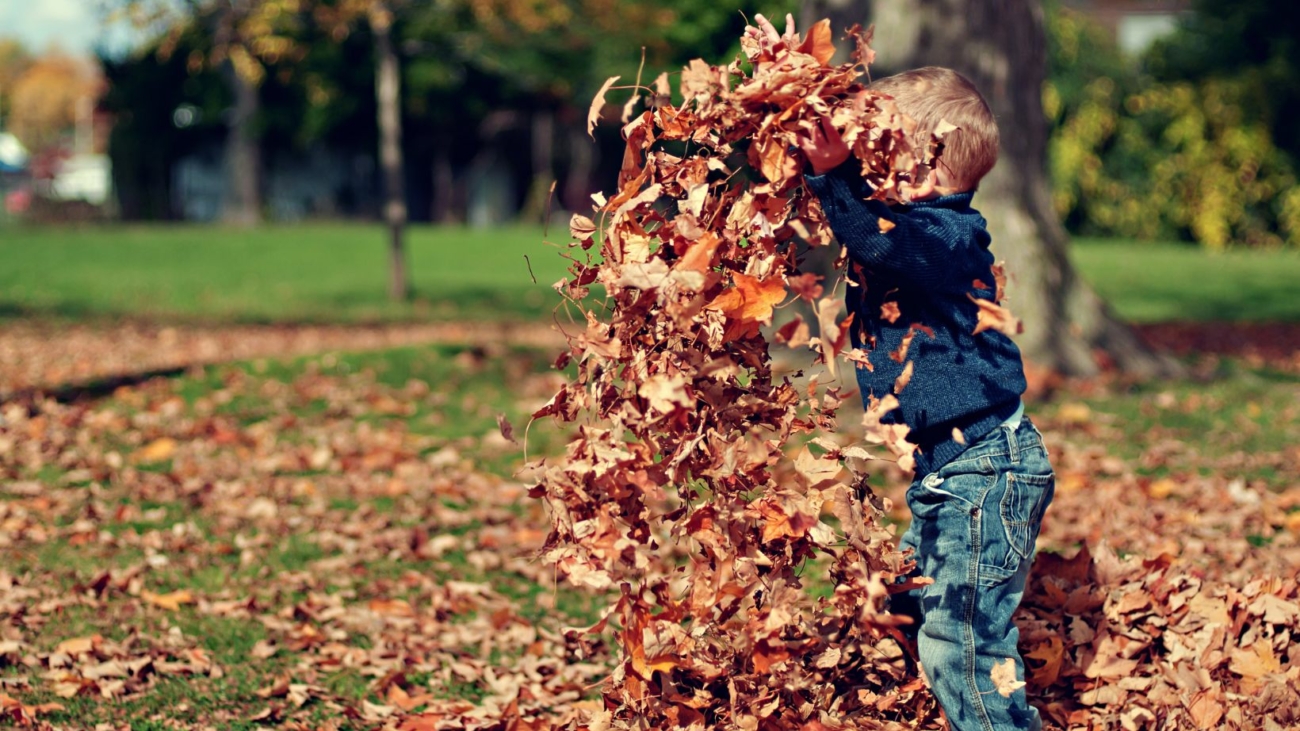Key Takeaways
-
- Promotes Healthy Development: Engaging in outdoor activities boosts physical, cognitive, and social development in three-year-olds, laying a strong foundation for future growth.
-
- Enhances Motor Skills: Activities such as running, climbing, and throwing enhance gross and fine motor skills, improving coordination and balance.
-
- Cultivates Curiosity: Nature exploration and activities like scavenger hunts stimulate curiosity, critical thinking, and problem-solving abilities in young children.
-
- Fosters Social Skills: Group play encourages sharing, communication, and emotional intelligence, essential for developing empathy and understanding among peers.
-
- Importance of Safety: Close supervision, suitable gear, and established boundaries are crucial to ensure a safe outdoor experience for three-year-olds.
-
- Involves Parents and Caregivers: Active participation and planning group activities by adults enhance the enjoyment and effectiveness of outdoor play, reinforcing learning and social bonds.
Exploring the great
outdoors activities can spark joy and curiosity in three-year-olds. At this age, children are full of energy and eager to discover the world around them. Engaging in outdoor activities not only promotes physical health but also enhances cognitive and social development.
From simple games to nature walks, the right activities can turn a regular day into an adventure. Parents and caregivers can play a crucial role by introducing fun and safe experiences that encourage exploration and creativity. With a little planning, outdoor fun can become a cherished part of a child’s daily routine.
Outdoor Activities for 3 Year Olds
Outdoor activities offer numerous advantages for three-year-olds. Engaging in these experiences fosters important developments in physical, cognitive, and social domains.
Physical Development
Outdoor activities enhance physical health in three-year-olds. Running, climbing, and jumping promote gross motor skills, improving coordination and balance. Activities like throwing balls and skipping strengthen fine motor skills, building hand-eye coordination. Exposure to natural elements encourages children to explore different terrains, further developing their physical abilities. Regular participation in these activities supports healthy growth patterns and combats obesity, a growing concern among young children.
Cognitive Development
Outdoor play stimulates cognitive development in three-year-olds. Nature exploration encourages curiosity and observational skills, allowing children to inquire about their environments. Activities such as scavenger hunts and nature walks enhance problem-solving skills, fostering critical thinking. Engaging with diverse stimuli in nature improves memory retention and cognitive flexibility. Outdoor settings introduce various concepts, such as colors, shapes, and sounds, enriching early learning experiences.
Social Skills Enhancement
Outdoor activities facilitate the enhancement of social skills in three-year-olds. Playing with peers encourages cooperation, sharing, and communication. Group games create opportunities for children to explore taking turns and resolving conflicts, promoting emotional intelligence. Collaborative activities, such as building forts or engaging in imaginative play, strengthen relationships and build trust among peers. This social interaction is vital for developing empathy and understanding others’ perspectives, critical elements for lifelong social competence.
Fun Outdoor Activities for 3 Year Olds

Exploring outdoor activities provides three-year-olds with enriching experiences that foster growth and development. Engaging in these activities can spark creativity and promote physical fitness.
Nature Walks
Nature walks introduce three-year-olds to the wonders of the outdoors. Parents can encourage children to observe plants, animals, and natural sounds. Collecting leaves, rocks, or flowers during walks enhances motor skills and stimulates curiosity. Asking questions about their surroundings fosters cognitive development while promoting critical thinking.
Playground Adventures
Playground adventures offer three-year-olds a space to develop physical skills and socialize. Swinging, climbing, and sliding improve gross motor abilities. Group play promotes sharing, teamwork, and communication, essential for social development. Designing obstacle courses with playground equipment can add an element of fun and challenge.
Water Play
Water play provides sensory experiences and enhances fine motor skills. Activities like pouring, splashing, and building with water toys engage children creatively. Setting up a small kiddie pool or using buckets can create enjoyable water experiences. These activities also foster cooperative play and teamwork when shared with peers or family members.
Safety Tips for Outdoor Activities
Ensuring safety during outdoor activities for three-year-olds is vital for enjoyable experiences. Parents and caregivers should follow guidelines that promote a secure environment while exploring nature.
Supervision Guidelines
-
- Always supervise children closely to prevent accidents. This ensures that they remain safe during activities that may pose risks, such as climbing or running.
-
- Maintain a constant visual contact. Position yourself within a short distance, enabling quick intervention if necessary.
-
- Organize small groups. Limiting group size allows for more effective supervision, making it easier to keep track of each child’s movements and activities.
-
- Establish clear boundaries. Define a safe play area, ensuring children understand limits and stay within designated zones.
Suitable Gear and Clothing
-
- Select comfortable, weather-appropriate clothing. Dress children in layers, allowing for adjustments based on temperature and conditions.
-
- Use sturdy shoes for support. Choose footwear that provides traction and protects feet during various activities, such as running or climbing.
-
- Apply sunscreen to exposed skin. Protect children from harmful UV rays, reapplying as needed during prolonged outdoor exposure.
-
- Provide hats for sun protection. Opt for wide-brimmed hats that shield neck and face while allowing for ventilation.
-
- Use safety gear for specific activities. Equip children with helmets for biking or climbing activities to minimize injury risks.
Implementing these safety tips ensures that outdoor activities remain fun and secure.
Engaging Parents and Caregivers
Involving parents and caregivers in outdoor activities for three-year-olds enhances the overall experience and reinforces development. By creating a supportive environment, they can foster a child’s love for exploration and fun.
Encouraging Participation
Encouraging participation begins with making outdoor activities appealing. Parents and caregivers can join in on the fun, modeling enthusiasm to inspire children. Selecting age-appropriate activities, like nature scavenger hunts and simple games, engages young children effectively. Offering incentives, such as praise or small rewards for completing tasks, increases motivation. Maintaining a positive attitude towards outdoor play promotes a sense of anticipation and excitement, making children more likely to participate actively.
Planning Group Activities
Planning group activities provides a social aspect that enhances outdoor exploration. Parents and caregivers can organize playdates or group outings, allowing children to interact while engaging in cooperative play. Choosing activities that require teamwork, like building a fort or participating in relay races, fosters social skills and collaboration. Setting up play areas with clear boundaries ensures safety while allowing children to explore freely. Scheduling regular outdoor adventures helps establish a routine, making outdoor play a regular part of children’s lives.
A Factor For Growth and Development
Outdoor activities are vital for the growth and development of three-year-olds. They provide opportunities for physical exercise, cognitive challenges, and social interaction. By engaging in fun and safe activities, children can explore their environment while developing essential skills.
Parents and caregivers play a crucial role in facilitating these experiences. Their involvement not only enhances the joy of outdoor play but also fosters a child’s natural curiosity. With proper planning and safety measures, outdoor adventures can become a cherished part of a child’s routine, nurturing a lifelong love for exploration and activity.
 Exploring outdoor activities provides three-year-olds with enriching experiences that foster growth and development. Engaging in these activities can spark creativity and promote physical fitness.
Exploring outdoor activities provides three-year-olds with enriching experiences that foster growth and development. Engaging in these activities can spark creativity and promote physical fitness.
